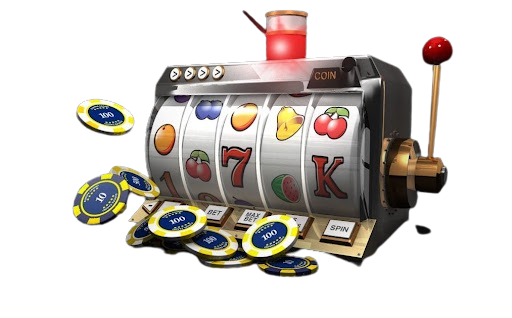Introduction:
Gaming has transcended mere entertainment to become a cultural phenomenon, captivating millions of individuals worldwide. From the pixelated adventures of early consoles to the hyper-realistic simulations of today, the evolution of gaming has been nothing short of extraordinary. In this article, we embark on a journey through the vibrant landscape of games, exploring their diverse genres, innovative technologies, and profound impact on society.
The Evolution of Gaming:
The history of gaming traces back to the 1950s, with the advent of simple electronic games like “Tennis for Two” and “Spacewar!” However, it was the introduction of home consoles such as the Atari 2600 and the Nintendo Entertainment System (NES) in the 1970s and 80s that truly popularized gaming, making it accessible to a wider audience. As technology advanced, so did the complexity and scope of games, leading to the emergence of iconic franchises like Super Mario, The Legend of Zelda, and Final Fantasy.
Genres Galore:
One of the most remarkable aspects of gaming is its sheer diversity of genres, catering to ASTONSLOT a myriad of tastes and preferences. From adrenaline-fueled shooters like Call of Duty and Fortnite to thought-provoking narrative experiences such as The Last of Us and Life is Strange, there’s something for everyone. Role-playing games (RPGs), strategy games, sports simulations, and virtual reality experiences offer endless possibilities for players to immerse themselves in different worlds and narratives.
Innovation Driving Progress:
Innovation lies at the heart of gaming, driving progress and pushing boundaries in terms of technology, storytelling, and gameplay mechanics. The introduction of 3D graphics revolutionized the industry, ushering in an era of visually stunning games with immersive environments. More recently, advancements in virtual reality (VR), augmented reality (AR), and artificial intelligence (AI) have opened up new frontiers, allowing players to experience gaming in unprecedented ways.
The Social Dimension:
Gaming has also evolved into a highly social activity, fostering communities and connections across the globe. Multiplayer games like Fortnite, League of Legends, and Among Us enable players to collaborate, compete, and communicate in real-time, transcending geographical boundaries. Online platforms and streaming services like Twitch and YouTube Gaming have further democratized gaming, allowing players to share their experiences and engage with audiences worldwide.
Impact on Society:
Beyond entertainment, gaming has had a profound impact on society, influencing everything from education and healthcare to art and culture. Gamification, the integration of game mechanics into non-gaming contexts, has been utilized in fields such as employee training, marketing, and behavioral therapy. Moreover, gaming has emerged as a powerful medium for storytelling, tackling complex themes and sparking meaningful conversations about identity, morality, and social justice.
Looking Ahead:
As we look to the future, the world of gaming continues to evolve at a rapid pace. Emerging technologies like cloud gaming, machine learning, and blockchain are poised to reshape the landscape, offering new opportunities for innovation and creativity. With the rise of indie developers and the growing popularity of mobile gaming, the barriers to entry have never been lower, ensuring that the world of gaming remains dynamic, diverse, and inclusive for years to come.
Conclusion:
In conclusion, gaming stands as a testament to human ingenuity, creativity, and imagination. From its humble beginnings to its current status as a multi-billion dollar industry, gaming has captivated hearts and minds around the world. As we embrace the future of gaming, let us celebrate its rich history, embrace its diversity, and continue to explore the boundless possibilities that lie ahead in this dynamic and ever-evolving medium.…

